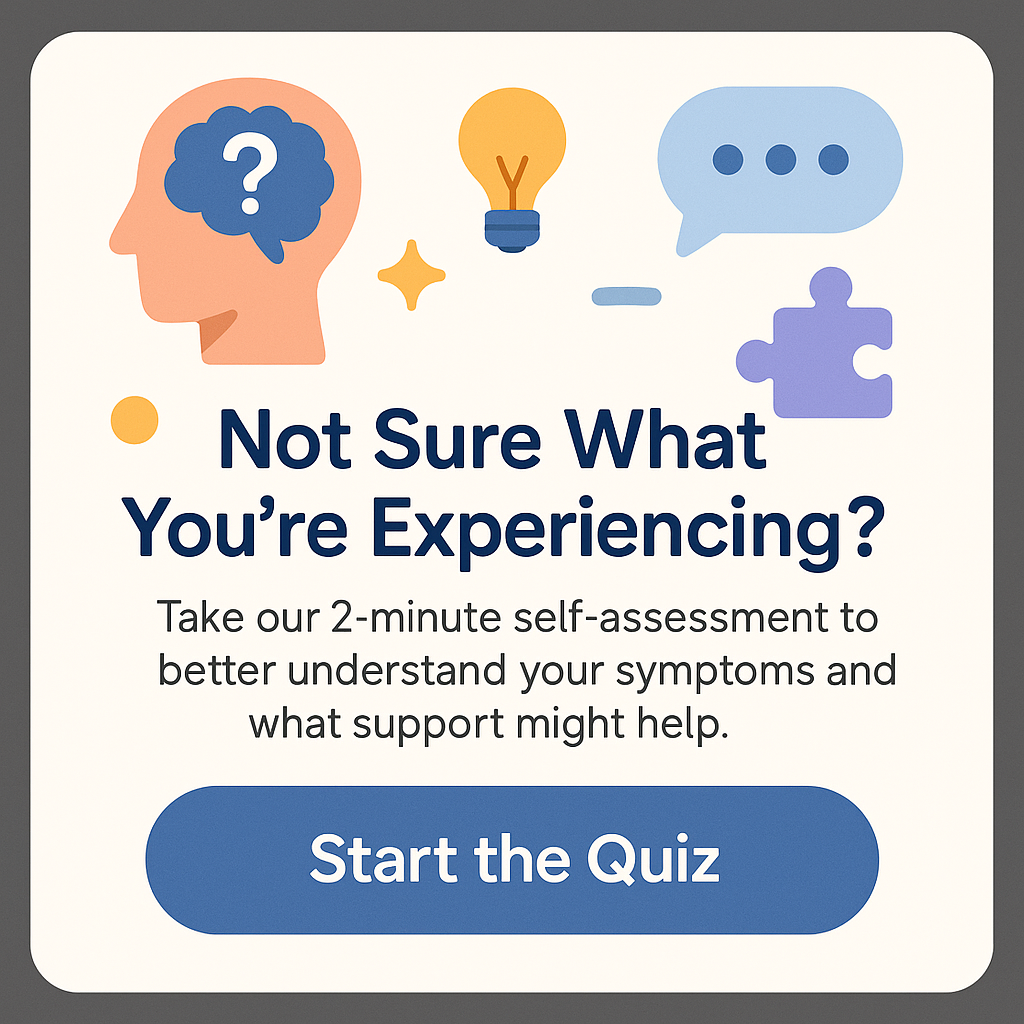Who Can Benefit From ABA?
Applied Behavior Analysis (ABA) is a powerful intervention strategy primarily known for its efficacy in supporting individuals with autism spectrum disorder (ASD). However, it does not limit its benefits to just this demographic. People often wonder, who can benefit from ABA? This question opens a broader discussion about the versatility and application of ABA therapy across various populations. In this article, we’ll explore how ABA can serve individuals with different needs and backgrounds, shining a light on the groups that can gain immensely from its structured, data-driven approach.
Understanding ABA Therapy
Applied Behavior Analysis is rooted in the principles of behaviorism, particularly how behavior is influenced by the environment. It employs a systematic approach to understand behavior and enhance skills through reinforcement and systematic modifications. The main goal of ABA is to improve specific behaviors while reducing unwanted ones, ultimately leading individuals towards greater independence and success.
So, who can benefit from ABA? The answer may surprise you. While ABA is predominantly associated with individuals with autism, its principles can be applied to various challenges faced by children and adults alike.
To better understand who can benefit from ABA, let’s delve deeper into different categories of individuals who might find ABA principles advantageous. The first group we’ll explore is children diagnosed with autism, followed by individuals with developmental disorders, adults in various contexts, their families, and even professionals involved in the educational and therapeutic spheres.
Children with Autism Spectrum Disorder
Children diagnosed with autism spectrum disorder (ASD) represent the most commonly recognized demographic benefiting from ABA therapies. Research has shown that early interventions through ABA principles can significantly improve communication skills, social interactions, and emotional regulation among children with ASD. The therapies are typically tailored to individual needs, focusing on enhancing interactions and reducing behaviors that hinder development.
For instance, an ABA therapist may work with a child to improve social skills by teaching them how to initiate conversations, recognize social cues, or engage in cooperative play activities. Parents often witness incredible transformations—increased responsiveness, improved behaviors, and a deeper understanding of their child’s feelings and needs.
Parents frequently report that with ABA therapy, not only do their children progress, but the therapeutic strategies also equip them to manage challenges better. Naturally, many wonder: who can benefit from ABA when it comes to autism? The answer is clear—many children on the spectrum thrive through these techniques, leading to enriched quality of life.
Individuals with Developmental Disorders
Besides Autism Spectrum Disorder, many developmental disorders can also benefit from ABA interventions. Conditions such as Down syndrome, cerebral palsy, and intellectual disabilities present unique challenges that ABA can effectively address. The focus of the therapy will be less on naturalistic play and more targeted to teach functional skills that cater to enhancing communication, social skills, and daily living activities.
In a typical ABA program for a child with a developmental disorder, the therapist might emphasize learning essential tasks such as dressing, feeding, or social interactions. This targeted approach ensures that therapy is not just a means of addressing behaviors but also aids in a child’s practical life skills. Caregivers often receive tailored strategies to support their child’s learning, which honors the notion that all developmental journeys are unique.
As we consider who can benefit from ABA in the realm of developmental disorders, it becomes evident that these interventions can support a broader spectrum of individuals, helping them overcome specific challenges while promoting independence.
Adults in Various Contexts
Interestingly, the advantages of ABA are not limited to children. Adults facing various behavioral challenges or seeking personal development can also derive significant benefits from ABA strategies. This might include individuals with substance use disorders, those facing behavioral health challenges, or anyone looking to improve specific skills or habits.
For instance, adults in recovery may find behavior modification techniques useful for managing cravings, developing emotional regulation, or adopting healthier lifestyle choices. Therapists employ ABA-based interventions to help individuals visualize the consequences of behaviors and reinforce positive choices, ensuring that clients are attached to their recovery journey.
A primary inquiry here remains: who can benefit from ABA as an adult? The answer encompasses a diverse group, signaling that behavioral interventions resonate with ambitions beyond early childhood development.
Families of Individuals with Challenges
Another critical audience for ABA therapies includes the families of individuals receiving support. Families can experience elevated levels of stress, confusion, and helplessness while helping a loved one navigate challenges. ABA provides not only a framework for understanding behaviors but also strategies for families to support their loved ones effectively.
When families engage in ABA programs, they learn to reinforce positive behaviors, decrease conflict, and work collaboratively towards shared goals. They experience the benefits of strong communication channels and techniques that allow them to manage emotional and behavioral challenges together.
When posed with the question of who can benefit from ABA, families undeniably hold a significant place in this equation. They benefit from learning behavioral strategies that serve their loved ones, establishing stronger connections, and nurturing respectful dynamics.
Professionals and Educators Embracing ABA
Finally, another group that can benefit from the principles of ABA consists of professionals in educational and therapeutic settings. Teachers, therapists, and counselors can integrate ABA techniques in schools, rehabilitation centers, and clinical environments to foster better learning outcomes and enhance client interactions.
For educators, using ABA strategies can transform classrooms into supportive, engaging environments where all students can thrive, including those with special needs. The focus on evidence-based practices ensures that teaching methods are grounded in reliable data and adapted to various learners’ needs.
The inquiry of who can benefit from ABA in professional spheres reveals that employing its principles can elevate therapeutic practices and optimize learning experiences in these settings. Consequently, anyone actively participating in shaping lives, including future generations, stands to gain from the powerful insights ABA offers.
Conclusion
In summation, Applied Behavior Analysis presents a wealth of benefits that reach far beyond its initial conception for autism therapy. Who can benefit from ABA? The answer is multifaceted, encompassing children with developmental disorders, adults eager to refine their life skills, families seeking support, and professionals aiming to cultivate educational environments that flourish.
The versatility of ABA serves as a testament to its foundational principles that adapt to the unique needs of each individual. Whether one experiences developmental delays, faces behavioral challenges, or seeks personal growth, ABA offers a tailored, collaborative framework designed for success. In the end, recognizing the breadth of ABA’s application empowers a broader discourse about its capabilities, opening avenues for countless individuals to enhance their lives dramatically.
FAQs
1. Who can access ABA therapy?
ABA therapy is available to individuals of all ages and backgrounds, including children with autism, adults facing behavioral challenges, and individuals with developmental disorders.
2. How long does ABA therapy usually last?
The duration of ABA therapy varies based on individual needs, goals, and progress. Some may continue therapy for several months or years, while others may achieve goals in shorter timeframes.
3. Is ABA therapy effective for adults?
Yes! Adults can benefit from ABA therapy through focused interventions that target behavioral challenges, skill development, and personal growth.
4. How can families participate in ABA?
Families can participate in ABA therapy through training and support sessions that teach them techniques to reinforce positive behaviors at home.
5. Can professionals use ABA strategies in educational settings?
Absolutely! Educators can incorporate ABA principles to support diverse learners, refine classroom behaviors, and enhance overall learning outcomes.







